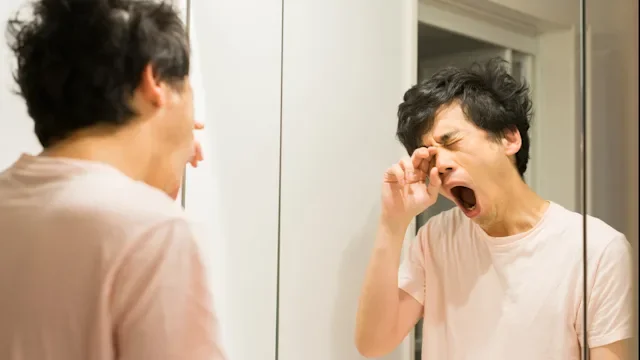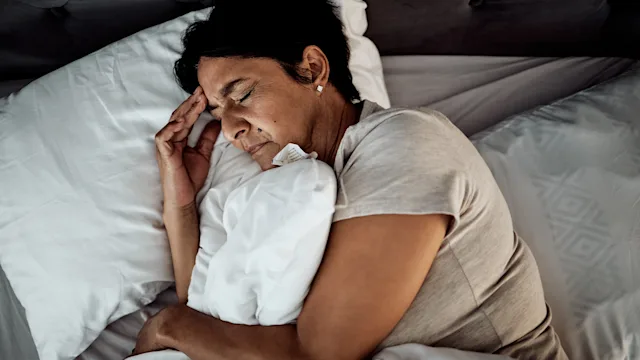Lack of sleep can be detrimental to our health, so it’s helpful to try and get a consistent 7 to 9 hours of sleep a night. Sometimes, that’s easier said than done. For example, certain medications can lead to side effects like insomnia.
If you notice that your medication is causing insomnia that you can’t tackle with at-home remedies, try talking with your doctor. They may consider lowering the dose or changing your prescription altogether.
References
Alanazi, E. M., et al. (2023). Sleep hygiene practices and its impact on mental health and functional performance among adults in Tabuk city: A cross-sectional study. Cureus.
American Academy of Sleep Medicine. (2020). Healthy sleep habits.
Centers for Disease Control and Prevention. (2022). Tips for better sleep.
Ebben, M. R., et al. (2021). The effects of white noise on sleep and duration in individuals living in a high noise environment in New York City. Sleep Medicine.
Ishizawa, M., et al. (2021). Effects of pre-bedtime blue-light exposure on ratio of deep sleep in healthy young men. Sleep Medicine.
Mograss, M., et al. (2022). The effects of napping on night-time sleep in healthy young adults. Journal of Sleep Research.
Rusch, H. L., et al. (2018). The effect of mindfulness meditation on sleep quality: a systematic review and meta-analysis of randomized controlled trials. Annals of the New York Academy of Sciences.

Why trust our experts?


Search and compare options












